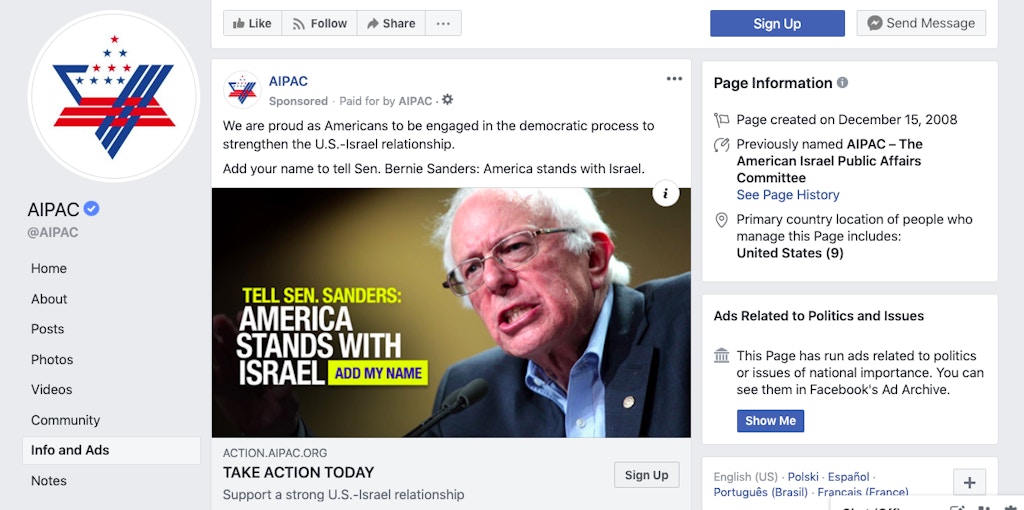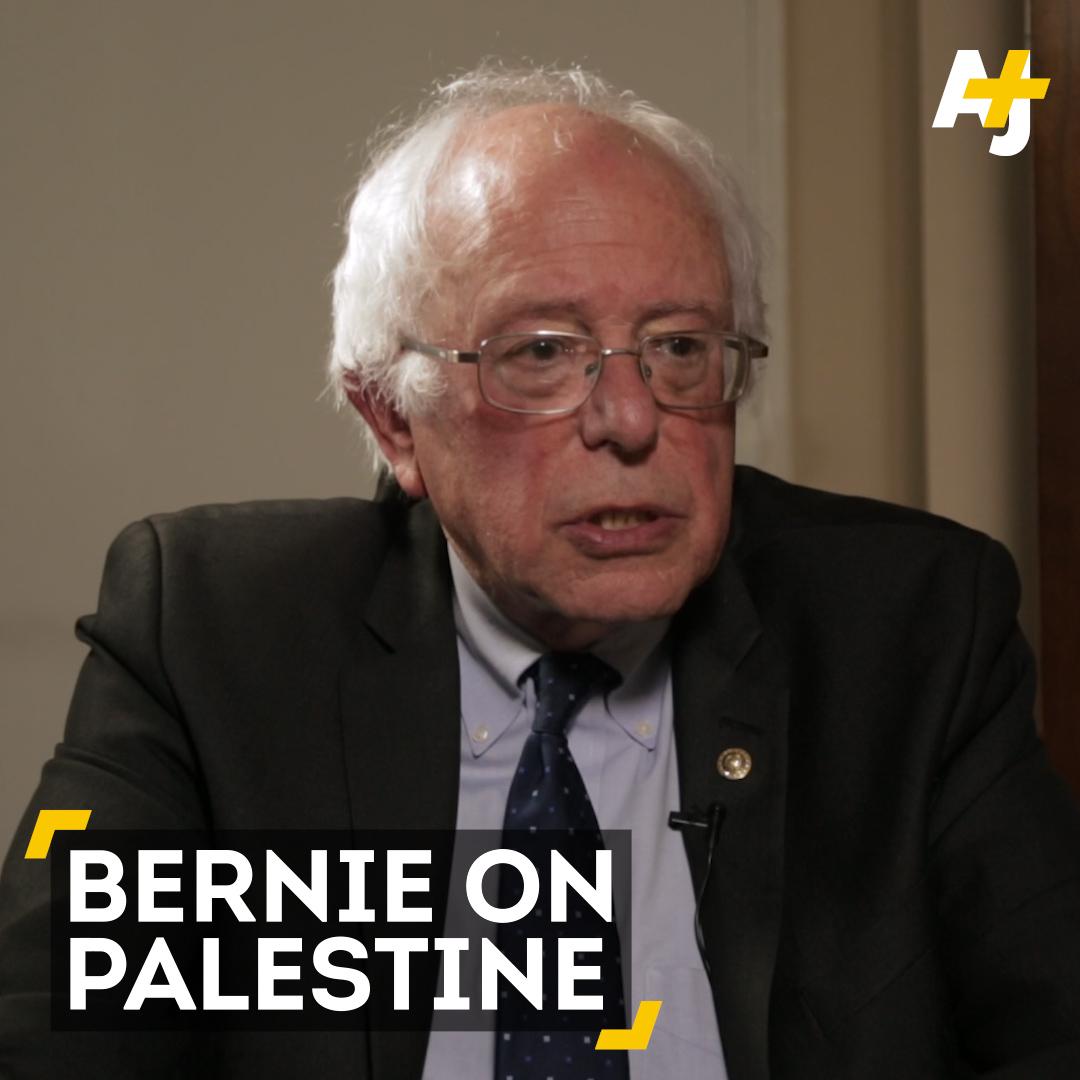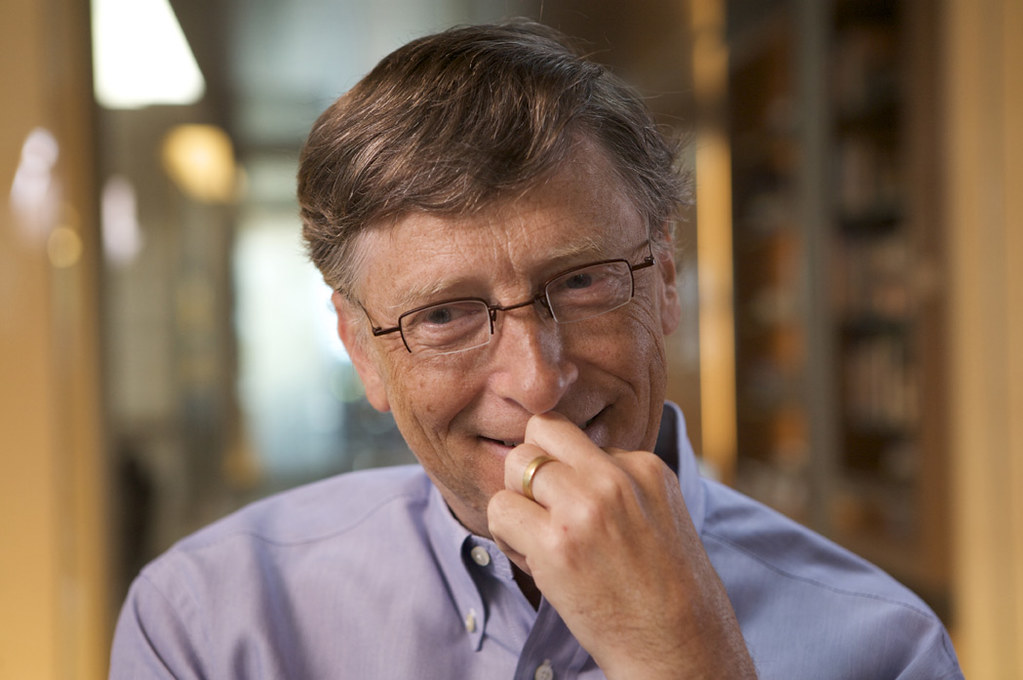AIPAC Targets Bernie Sanders in Facebook Ads Focused on Key Democratic Primary States
SEN. BERNIE SANDERS, who could be the first Jewish president of the United States two years from now, is currently the target of a pressure campaign on Facebook paid for by the American Israel Public Affairs Committee, the pro-Israel lobbying group known as AIPAC.
The sponsored post urges Facebook users to add their names to an online petition telling Sanders that “America stands with Israel.”
According to data from Facebook’s Ad Library, three versions of the sponsored post paid for by AIPAC are currently running across the country, focused mainly on users in three important Democratic primary states: California, Texas and Florida.
The text of the post makes no mention of why the lobbying group thinks the independent senator from Vermont needs such a reminder, but its only other current paid ads on Facebook all target Rep. Ilhan Omar, a progressive Muslim Democrat who has questioned the lobbying group’s influence. Sanders has been one of the few congressional voices to rise in defense of Omar.
Sanders, whose father’s family in Poland was nearly wiped out in the Holocaust, has been a frequent critic of Israeli policy. During the 2016 campaign, he called Israel’s use of force during its bombardment of Gaza in 2014 — killing at least 1,473 civilians, including 501 children — had been “disproportionate” and “indiscriminate.”
After he was denounced by Israeli politicians for supposedly giving comfort to Hamas, he told CNN that he favored “a more balanced position” on the Israeli-Palestinian conflict. “Israel has a right to live in freedom, independently and in security without having to be subjected terrorist attacks,” he said, “but I think that we will not succeed to ever bring peace into that region unless we also treat the Palestinians with dignity and respect.”
During an interview with the Daily News editorial board that year, Sanders — who lived on a kibbutz as a young man and has relatives who still live in Israel — frankly criticized another aspect of Israeli policy, the building of Jewish-only settlements in the occupied West Bank, as a violation of international law. Asked if he would insist on the evacuation of settlements as president, Sanders replied: “I think if the expansion was illegal, moving into territory that was not their territory, I think withdrawal from those territories is appropriate.”
When he was asked during a debate against Hillary Clinton that year if he was hiding the fact that he was Jewish, Sanders rejected the charge:
No, I am very proud to be Jewish and being Jewish is so much of what I am.Look. My father’s family was wiped out by Hitler in the Holocaust. I know about what crazy and radical and extremist politics mean. I learned that lesson as a tiny, tiny child when my mother would take me shopping and we would see people working in stores who had numbers on their arms because they were in Hitler’s concentration camp.I am very proud of being Jewish and that is an essential part of who I am as a human being.
Last year, Sanders defended the right of Palestinians to demonstrate after Israeli snipers opened fire on unarmed protesters in Gaza.
The killing of Palestinian demonstrators by Israeli forces in Gaza is tragic. It is the right of all people to protest for a better future without a violent response.
25.7K people are talking about this
Last month, it was headline news in Israel when the Sanders campaign released video of his supporter Shaun King saying the senator “spoke out against apartheid in South Africa when crazily that was an unpopular thing to do and even today he speaks out against apartheid-like conditions in Palestine even though it’s not popular.”
And Sanders denounced Israel’s prime minister, Benjamin Netanyahu, in an interview with NBC News on Sunday in Iowa. “When election time comes in Israel, he always tries going even further to the right by appealing to racism within Israel, I think it’s unfortunate,” Sanders said ahead of Tuesday’s election in Israel. “I’m not a great fan of his, and, frankly, I hope he loses his election.”
Still, Sanders has been criticized by some Palestinian activists for not going far enough in his defense of their rights. In 2017, he joined all of his fellow senators in signing a letter to the United Nations Secretary Generalcriticizing the world body for focusing too much on Israeli abuses and boosting the Palestinian-led Boycott, Divestment and Sanctions (BDS) movement.
He defended that stance in an interview with AJ+ the following week.
I asked @SenSanders about Palestine, the BDS movement targeting Israel, and whether he supports a one state solution
1,913 people are talking about this
Sanders, like many of his rivals for the Democratic nomination, elected not to attend this year’s AIPAC conference. In 2016, the lobbying group refused to allow him to address that year’s conference by video link from the campaign trail, which it had previously permitted two Republican candidates to do. Sanders recorded the speech he would have given anyway, and posted it online. In that address, Sanders said that, if elected, he would “work tirelessly to advance the cause of peace as a partner and as a friend to Israel, but to be successful we have also got to be a friend, not only to Israel, but to the Palestinian people.”
“When we talk about Israel and Palestinian areas,” Sanders added, “it is important to understand that today there is a whole lot of suffering among Palestinians and that cannot be ignored.”
AIPAC did not immediately reply to a request to explain why it chose to target Sanders with the Facebook ads.
















commentSubscribe now
send via email- stumbleupon